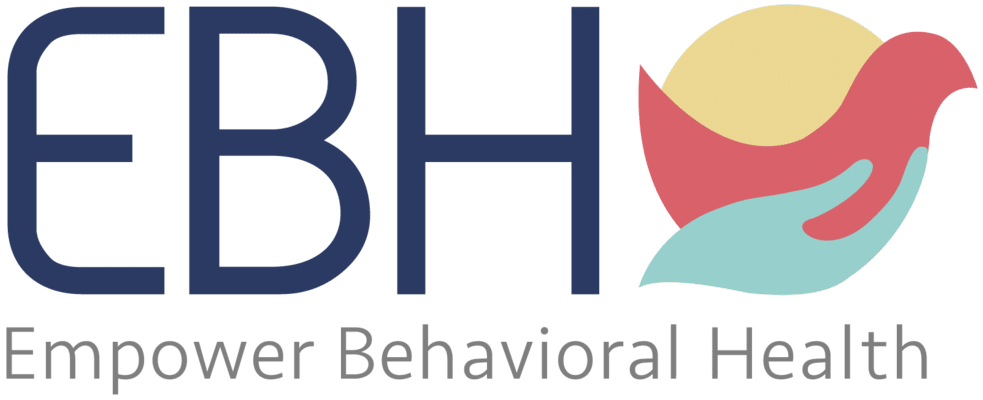How to Prepare for an Autism Evaluation

Original post date of 2/23/2023. Updated on 7/22/2024.
Autism evaluations can be an important part of understanding what a child or adult might need in terms of intervention for autism spectrum disorder. Learning how to prepare for an autism evaluation is key to helping physicians, psychologists, and caregivers get a clear picture of an individual’s symptoms, traits, and behaviors.
How to Prepare for an Autism Evaluation
Before attending an evaluation, it is helpful to research which standard tests and procedures will be used for assessment, as well as keep records and notes about your child’s current behaviors. Additionally, gathering any relevant medical or educational history can be beneficial in helping evaluators provide better insight. With the right preparation, parents and individuals can feel more confident going into their autism evaluation.
Understand the Diagnostic Criteria for Autism
To be diagnosed with autism, individuals typically must meet certain criteria related to social interaction, communication, and behavior. It is helpful to familiarize yourself with the DSM-5 criteria for autism so that you can provide detailed information about any issues or behaviors your child is experiencing. The diagnostic criteria are broken down into two categories which include issues with social communication/interaction and restrictive or repetitive behaviors. An individual must have difficulties in three areas related to social communication and interaction, and two to four types of restrictive, repetitive behaviors.
Research Autism Assessments
Before attending an autism evaluation, it is important to research the different types of assessments that may be used. Autism assessments are used to measure issues related to cognitive function, language and communication, and social-emotional behavior. Knowing which assessments are being used will also allow you to ask detailed questions about why they are necessary, how they will be conducted, and what the results may mean. This can help ensure that your concerns are thoroughly assessed so that any interventions or therapies recommended are tailored to your child’s specific needs.
Common screening tools for autism:
- M-CHAT-R/F: Modified Checklist for Autism in Toddlers
- STAT: Screening Tool for Autism in Toddlers and Young Children
Common diagnostic tests and assessments for autism include:
- ADOS-2: Autism Diagnostic Observation Schedule 2nd Edition
- CARS-2: Childhood Autism Rating Scale 2nd Edition
- GARS-3: Gilliam Autism Rating Scale 3rd Edition
Prepare Notes of Behaviors
It is also important to make detailed notes and prepare questions for the evaluator before attending an autism evaluation. This can include descriptions of any behaviors or issues that you have observed in your child. While the evaluator may ask you more specific questions during the assessment, being prepared with detailed notes of behaviors can help ensure that your concerns are thoroughly addressed. This also ensures that your observed behaviors align with the diagnostic criteria for autism or other diagnoses (if applicable).
What Should You Do After a Positive Autism Test for Your Child?
Following a positive autism diagnosis for your child, the next steps are crucial in navigating their journey toward support and understanding. Begin by educating yourself about autism better to comprehend its characteristics, challenges, and strengths. Seek information from reliable sources such as books, reputable websites, and support groups. Building a network of support with other parents and caregivers of children with autism can provide both emotional reassurance and practical guidance. Connect with these communities either in person or online to share experiences and resources.
As you delve into understanding ASD, consider crafting an intervention plan tailored to your child’s unique needs. This may involve exploring the option of Applied Behavior Analysis (ABA) therapy. Engage in discussions with healthcare professionals and autism specialists to evaluate the suitability of ABA therapy for your child. Ensure to collaborate with certified and experienced ABA therapists or centers to develop an individualized treatment plan that aligns with your child’s goals and challenges.
In addition to ABA therapy, integrating other therapies and supports can enhance your child’s development. Speech and language therapy, occupational therapy, and educational support are valuable components to consider. Working with professionals across these domains allows for a comprehensive approach to addressing various aspects of your child’s growth.
Seek ABA Therapy at Empower After an Autism Evaluation
After completing an autism evaluation and understanding your child’s needs, take the proactive step of seeking ABA therapy at Empower. We understand the importance of personalized care and support in nurturing your child’s growth. Join us in creating a nurturing environment where your child can flourish. Contact Empower today to start this meaningful journey towards your child’s well-being and development.

